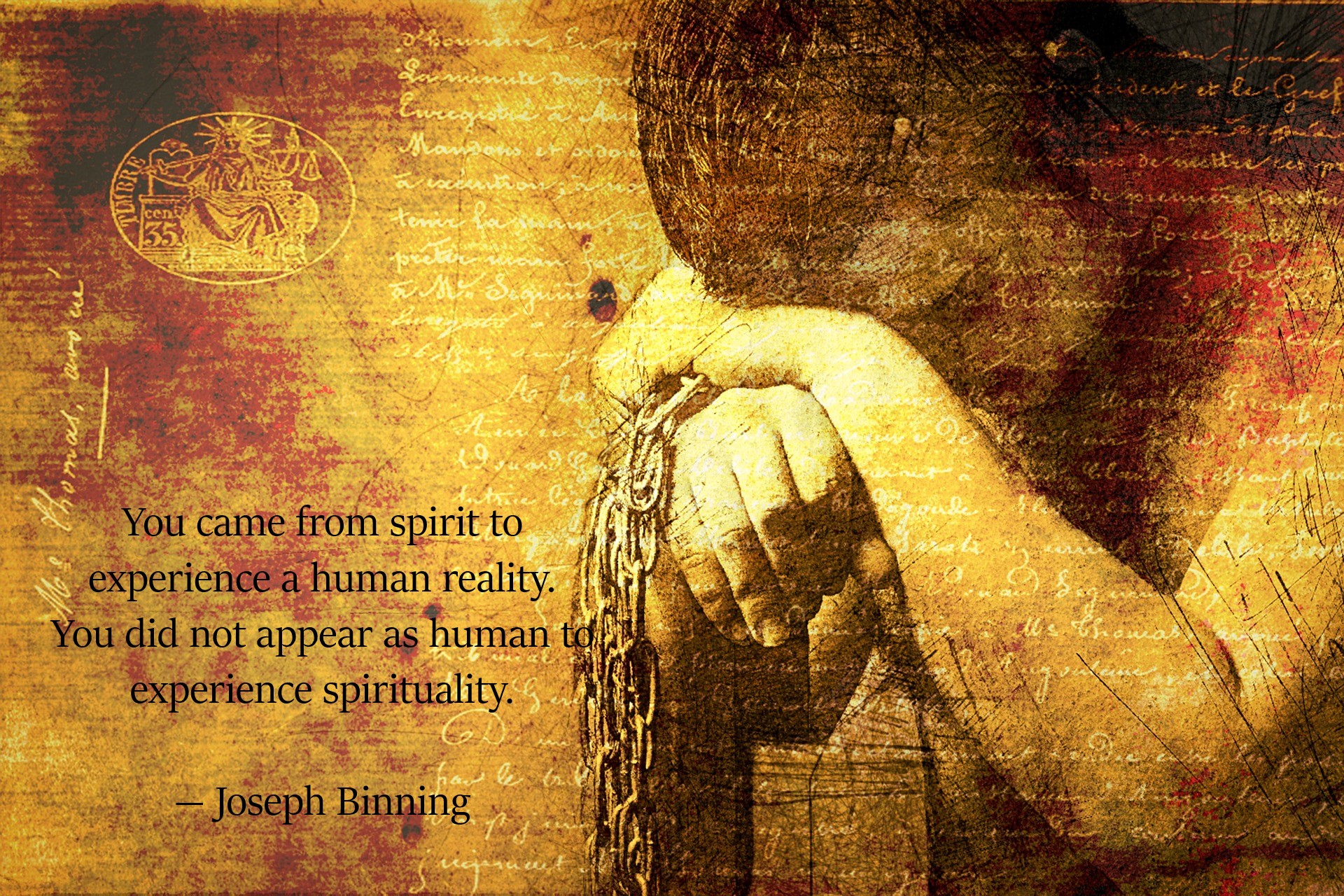The Age-Old Question; Who Are You?
There was something formless and perfect
before the universe was born.
It is serene. Empty.
Solitary. Unchanging.
Infinite. Eternally present.
It is the mother of the universe.
For lack of a better name,
I call it the Tao.
It flows through all things,
inside and outside, and returns
to the origin of all things.
The Tao is great.
The Universe is great.
The Earth is great.
Man is great.
These are the four great powers.
Man follows the earth.
Earth follows the universe.
The Universe follows the Tao.
The Tao follows only itself.
— Lao-Tzu
Verse 25, Tao Te Ching
All religions of the world agree on one thing. We start out as energy, formless, and without matter, in what some call Heaven, or the Universe, Nirvana, Paradise, or Olam Ha-Ba, to name a few. We then come into human form for a brief time. There are various belief systems about whether, when, and where we return to formless energy. But that’s a discussion for another time. Let’s take one step at a time.
You came from spirit to experience a human reality.
You did not appear as human to experience spirituality.
— Joseph Binning
Re-read the verse. “Man-Woman is great”—not average, not mediocre, not so-so. Great! When you were in the womb, did you have low self-esteem? Did you have self-doubt? Did you feel insignificant? Did you need to be liked, accepted, approved of, Loved? No. You were Perfect. You were Whole. You were Complete. You are perfect, whole, complete. You ARE one of the four great powers. Nothing has changed this truth of who you were—and who you ARE.
We all originate from the same source. We all come from spirit and become human. We all are connected in this way. We all exist to be of service to the expansion and goodness of humanity. We all are given this purpose. We all are connected in this purpose. We all return when we are finished with our purpose, and we all will remain connected, always.
If we all were perfect, how did we become so flawed, unworthy, wrong, incomplete, and lacking? Why have we become required to prove our worthiness and goodness? Why are we continually suppressing and doubting ourselves, our worthiness, our greatness?
Here’s why. After we were born, we interfered with our state of perfection. We created dual realities, opposite realities, comparative realities: beauty versus ugliness; tall versus short; smart versus stupid; my race versus your race; my religion versus your religion; my country versus your country; my God versus your God.
Why did we begin comparing ourselves to others? Does our station in life make us feel better than, or less valuable than someone from another station? Does our location make us better than, or not as good as another? Does our color, religion, or political affiliation make us feel better or less than?
In creating and adhering to these dual realities, we lost our sensory awareness—our knowing—of our greatness. By drifting away from our innate knowing, we lost our selves. We forgot who we are, as soon as we began identifying ourselves by our religion, our external appearance, our job or career, our children, our relationship, our friends, our educational status, our possessions, our social status, our financial status.
What most of us do for a living is only the means of income to pay our living expenses. If we identify ourselves with our jobs or business, what happens if that disappears? What happens if, suddenly, you’re not the vice president of your company, and you have to look for a different job? You experience one or more of these feelings: loss; humiliation; failure; confusion; anger; resentment; depression; anxiety; self-pity; vulnerability; illness; grief; lack of purpose; or loss of self.
When we focus on the outer appearances of our individual existences, it’s easy to fall prey to these feelings. So, how do we not fall prey to them? Remember, when we were created, we were great. We are one of the four great powers. We came from Greatness. We are Greatness. We are destined for Greatness—Our Greatness—not someone else’s. We were born with it. Our greatness does not depend on anyone’s opinion, permission, or approval. Our greatness does not shrink or dissolve. It only becomes less visible to us, because we are looking outside of ourselves, not seeing our true selves.
Right now, begin living by two Creeds:
- Live with No Regrets: Put careful thought into everything you do, think, focus on, and choose– Own all of your decisions—and all of your outcomes—because you are going to be the sole chooser and creator of your life. Commit to your choices. Commit to your life. Commit to YOU.
- Others’ opinions are none of your business: This is the most important creed to live by. You are no longer going to base your self-worth or self-Love on others’ opinions of you. The only opinion that matters is that of the person you see in the mirror each morning. And that person is Great!
Take a moment now to write ten things you do, outside of your work. Here are a few examples: cooking; scuba diving; meditating; running; reading; volunteering, attending a Meet Up, etc. If you are on a roll and want to write more than ten, don’t stop the flow. Write as many as come up for you.
After completing this simple exercise, you will discover that when someone asks what you do, you’ll have quite a lot to tell them. And that might lead to helping them identify what they do, as well!
People cannot hurt you without your permission.
— Mahatma Gandhi
If you have enjoyed this article please visit me at www.JosephBinning.com for more helpful tips and articles.
You can also get more helpful information in my book You Matter, even if you don’t think so which you can purchase on Amazon here Amazon You Matter, even if you don’t think so
For my free report Happiness Is A Choice click here: Happiness Is A Choice Free Report



